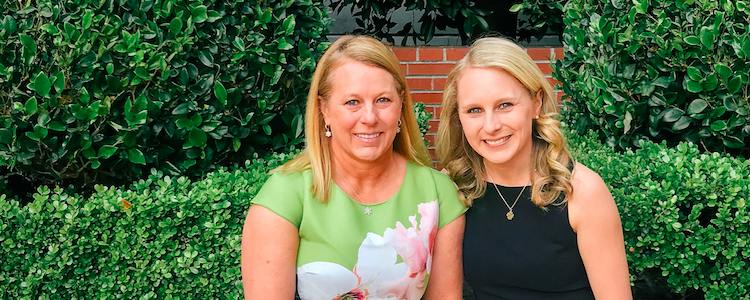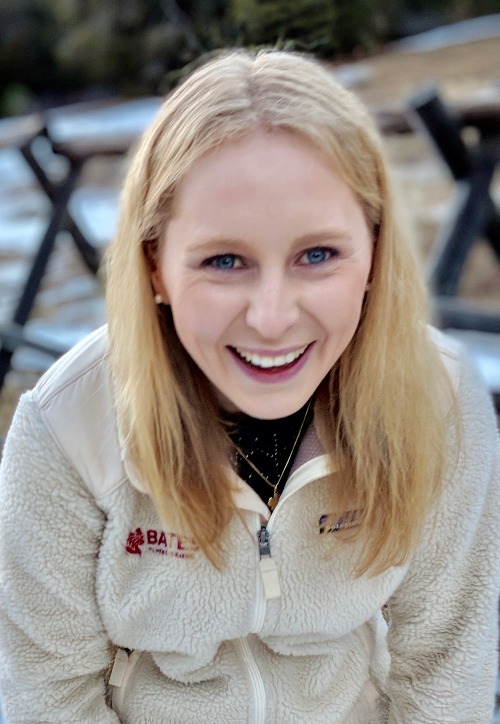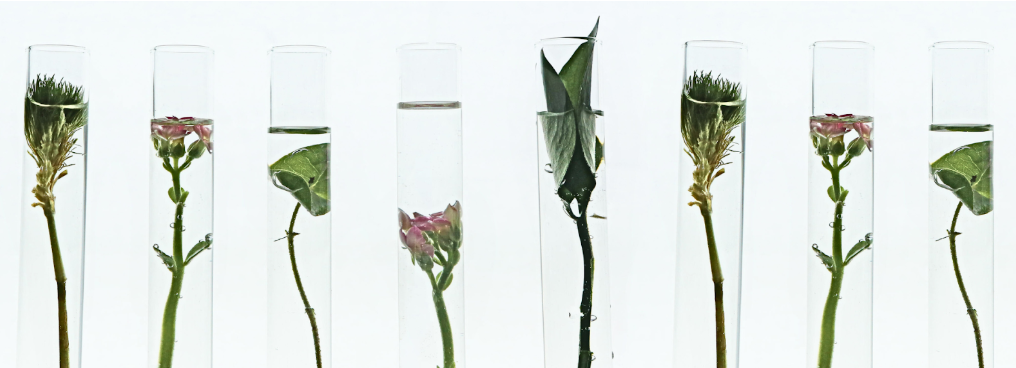I can vividly recall my first day at the UCSF Benioff Children’s Hospital clinic. I had already been sick for 3 years, in which time I had seen more treatment providers than I can count on two hands. I was beginning to lose hope that I would ever get better. My EKG showed my heart beating at a measly pace, just 1 beat above the cardiac hospitalization threshold. The new doctor walked in with a serious look on her face, the one I now know is attached to the phrase, “I am seriously concerned about your medical safety.” She assured me she wouldn’t admit me that day, but would have to in the future if my heart rate dropped any lower. So after a thorough intake of my history, I was encouraged to enlist my parent’s support, and start Maudsley Family-Based Therapy.
For those of you unfamiliar with the Maudsley Method, it is a form of family-based treatment that was developed at the Maudsley Hospital in London to treat adolescents with Anorexia Nervosa. The treatment method is set on principles that view parents as an asset rather than a detriment to recovery and is still the ONLY evidenced based treatment available for Anorexia Nervosa today.
So even though I had recently gained independence from my parents being away at university, I reluctantly agreed to try FBT. I essentially signed away my right to feed myself for the time being. My parents would now be in charge of all of my meals and snacks.
Although I was suddenly stripped of all of my independence, I knew it was for the best. Anorexia was killing me and I couldn’t feed myself. Someone else needed to step in and that was exactly what was happening.
The first few family therapy sessions, I watched my mom cry. As tears streamed down her face, my psychologist tried to explain to me that she was crying because she was scared for me, and taking care of a really sick child is hard for any parent. She compared it to that of a parent of a child with cancer. She would say: “Savannah, if you had a child with cancer that was refusing to take chemo that would save their life, wouldn’t you be sad too?”
I think this was the first time I realized how sick I was.
My mom, dad, and I attended family therapy sessions together twice a week, but since my dad worked during the day, my mom was left to do most of the cooking, supervising, and talking back to my eating disorder. Pancakes, French toast, ice cream, cookies, and of course I can’t forget pasta. They were all on the daily menu. I didn’t even get to be a vegetarian anymore. I had been a vegetarian for 3 years, but according to my new psychologist and mother, since I wasn’t a vegetarian before I got sick, I no longer got to be one. I had no choice in what was put in front of me to eat. My mom would pile food on my plate and silently watch me eat it from the other side of the table.
At medical appointments, my mom was there to know my weight and vitals, and to speak to my doctor. There were no more secrets.
Needless to say, in the months that followed there was plenty of food left uneaten, lots of screaming, and many more tears.
However, starving myself became increasingly more difficult under the 24/7 eye of my mom. Every meal was a main, sides, and a caloric drink. Every snack had a protein and a carb. I wasn’t allowed to leave the table until completion and sometimes that meant sitting there for an hour or more.
As hard as all of this was for my mom, she didn’t give up. She cared if I lived or if I died, and my eating disorder’s loud ugly voice was not going to stop her from helping me.
With each meal completed and each fear food conquered came a small victory. In time, all of these small victories began to add up and the voice inside my head grew quieter and I grew stronger. Eventually, I was strong enough to take control of my food again.
Today, I can tell you that if my mom hadn’t fought my battle for me when I couldn’t, I wouldn’t be where I am now.
Thank you mom, for saving my life.
Savannah Ryder holds a BBA in marketing and successfully completed four years as an NCAA Division 1 athlete on a women’s rowing team. Today, Savannah is a student at Columbia University in the City of New York in the Graduate School of Architecture, Planning, and Preservation.






